Behavioral Strand Highlight
As we wrapped up 2019, the Behavioral Strands Leadership Team hosted a Seneca Career Fair. The objective of the career fair was to provide the Behavioral Team, specifically our Student Support Assistants an opportunity to meet, actively engage with, and learn from their fellow Senecans about various career tracks held within Seneca Family of Agencies. On the panel of participants were an array of representatives for positions including, but not limited to:
- Academic Intervention Specialist
- Assistant Director of Implementation
- Clinical Intervention Specialist
- Director of Operations
- Director is School Partnership
- DESI (Data, Evaluation, and Strategic Initiatives) Project Manager
- Program Assistant
- School Psychologist
- School Psychologist Intern
- TBS (Therapeutic Behavioral Services) Clinician
- UE (Unconditional Education) Coach
- and much more!
As we enter into 2020, “Stay Interviews" have begun. We use this interview format to inquire about plans and professional development goals for next school year. The majority of our All-In Student Support Assistants are motivated to pursue higher learning opportunities, with the hope of staying with or returning to Seneca as a Teacher, Therapist, or Data Evaluator. Additionally, many of our Student Support Assistants have followed up with Career Fair representatives to further discuss their goals and plans for moving in that direction, which is AWESOME!!
So, be on the lookout for our amazing Behavioral Team. They have some aspiring teachers and therapists on the rise. Some are looking forward to starting grad school Fall 2020 and others are exploring potential Universities for Fall 2021. As Eric Thomas said, “When you find your why, you find a way to make it happen.”
Clinical Strand Highlight @ Education for Change
As we all know, data is one of the most powerful tools to inform, engage, and create opportunities for growth and also helps us make connections that lead to insights and improvements. Thus, Increasing progress monitoring efforts has been a huge focal point this year for the Clinical Team, incorporating quantitative data with qualitative data to deepen the narrative of client experiences in connection with our #datatellsastory launch.
Whether connecting progress to a change in intervention or connecting a step back with a new stressor and then adjusting it, the ultimate goal is to track progress and share it meaningfully with clients and all stakeholders involved. The first months have been a learning process of navigating data collecting systems, finding ways to incorporate progress monitoring into already busy schedules, and writing meaningful goals that can be realistically tracked but with great momentum, the Clinical Strand has taken on this work head on and are looking forward to incorporating progress monitoring more seamlessly into future collaboration opportunities! Way to go team!


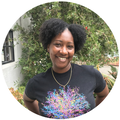
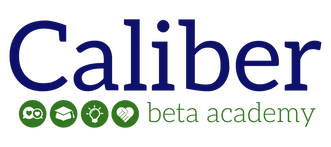






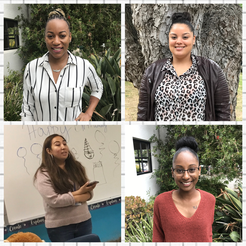

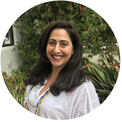
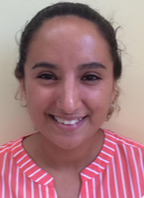



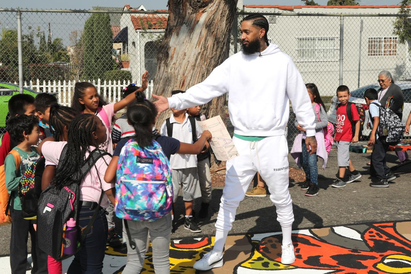

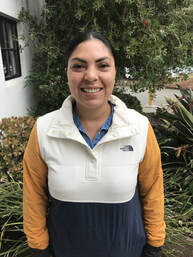

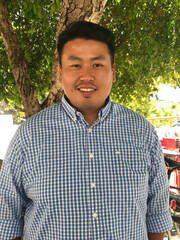

 RSS Feed
RSS Feed